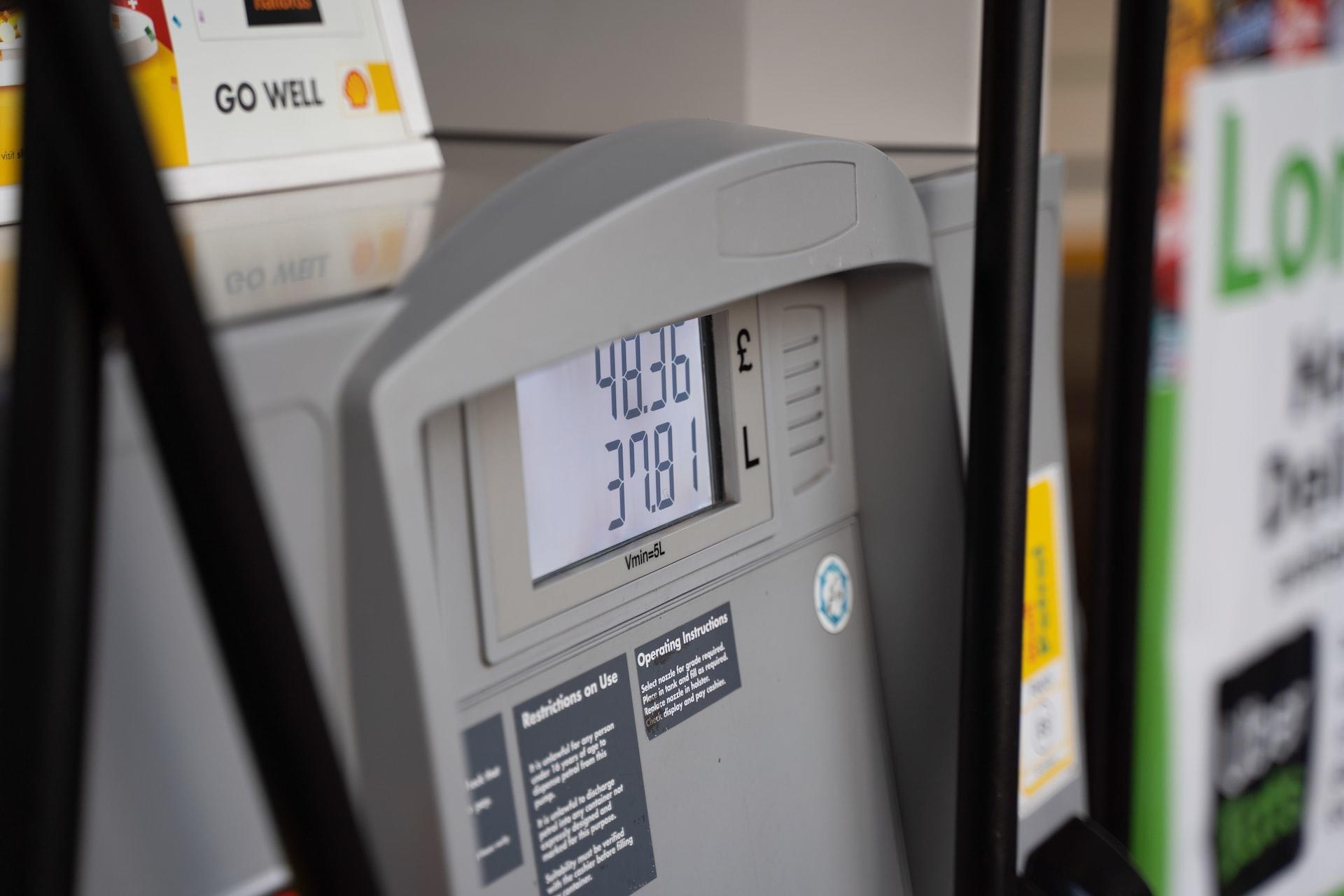These days, the retail price index (RPI) is anything but encouraging. Indeed, so dismal is the UK RPI forecast that pundits have been warning us to prepare for a lean, harsh winter. Other outlets put a different spin on RPI forecasts. They showcase low-cost menu ideas and what to do with leftovers. Repurposing is also in vogue, with many finding new uses for what they would have previously discarded.
So far, inflation predictions have been relatively mild. These how-to (and the RPI forecast) reports seem almost jovial in tone. They sound more like 'Hey, try this new thing!' than 'Be proactive against oncoming uncertainty'. While we're all scratching our heads over what inflation is, we need to know what we're up against so we can plan effectively:
- the government does not use the RPI to set inflation targets so RPI forecasts can be misleading
- the Bank of England's Monetary Policy Committee now uses the UK consumer price index (CPI) to set inflation targets
- the CPI does not factor in housing costs. RPI rates do
- the RPI is used to calculate social housing rent increases
- the RPI may also be used to set wages
- RPI forecasts are biased upwards, meaning they show a rate higher than actual inflation
- the UK RPI forecast is not in line with international inflation prediction standards
Looking over all of this information, it's no wonder people feel uneasy. The CPI RPI disparity is confusing. They're not used to measure the same things, nor are they calculated the same way. We hear about those indicators and that things are bad and set to get worse, with no clear idea of what 'things' represents. All we know is our money isn't going nearly as far as it needs to. Or used to. But do we need to know what the UK inflation forecast is to prepare ourselves for what lies ahead?

Understanding Inflation Forecasts
You have to know what causes inflation to understand how (and why) economists forecast inflation. Simply put, inflation is a rise in prices. Not just the ones you see in shops but also hikes in housing and utility prices, petrol prices and the cost of raw goods for manufacturing. Economists contend that some inflation is necessary to keep the economy growing. However, as with most everything else, more inflation is not better.
Inflationary spikes happen when a particular sector's prices rise sharply. This is often due to external factors. For instance, the predicted shortage of grain from Ukraine is currently causing wheat prices to rise sharply. Right now, we're facing inflationary spikes across the spectrum of economic sectors.

Beyond wheat, Russia's actions have caused oil and gas prices to spike. Post-pandemic supply chain issues have caused inflationary spikes across the manufacturing sector. Scarcity, the lack of goods for sale, is another post-pandemic factor driving inflationary spikes. Finally, businesses have raised their prices to recoup their pandemic losses.
Keep in mind that, where inflation is concerned, more is not better. If inflation gets too high and/or spans too many sectors, it's bad for the economy. When economists look at all the factors causing price rises, they need to figure out how high inflation is likely to get. Once they have modelled all of the data, they make recommendations for the Bank of England to raise (or lower) their interest rates. In theory, these actions keep the economy relatively stable.
Managing Expectations Against Predicted Inflation
In practice, things don't always work that way. When the central bank raises interest rates based on the UK CPI forecast, they are effectively slowing down the economy. Higher interest rates mean less borrowing and, thus, less spending. Banks' profits are then affected, meaning they have less to lend over time.
Throttling the nation's currency supply affects you in many ways. As businesses will have to pay more for the goods and services they sell, they'll pass those costs onto you. No matter the reasons for inflation, your employer must manage the same challenges you do. They too must figure out how to pay for everything while still keeping a cash cushion in reserve. Often, inflation predictions result in companies raising prices and tightening their belts in anticipation of hard times ahead. This sequence of actions taken can set off a downward economic spiral.
All of this means that your wages aren't likely to rise in step with expected inflation. In fact, though your pay envelope contains the same amount you've been getting, you have less to spend. Everything costs more so your buying power has been reduced. None of this is your fault. Much of what you're up against is out of your control but there are ways to make it through these tough times.

Budgeting Against Expected Inflation
Inflation forecasts matter. You need to know what you're up against to know how quickly to implement changes to your financial habits. It's also helpful to know how long you might have to live in a 'financial crisis' mode. Beyond that, there's no need for you to agonise over reports of interest rates and what the UK CPI forecast is. In fact, you needn't consider them at all. You could simply plan to restrict your spending for the next two years and reevaluate your finances in 18 months.
Over the past decade or so, we've been conditioned to spend as though rough times would never again cloud our skies. The telly is full of programmes detailing excess. Of people spending thousands of pounds each month, indulging themselves. Social media tells a similar tale. From people Instagramming exotic dishes and holidays to influencers hawking their wares, 'Spend!' is the order of the day.
Or has been, till now. Today's idea is to make a paradigm shift from 'What can I have?' to 'What must I have?'. We have to start ignoring the adverts that say we can have whatever we want if we have the currency or credit card limit for it. Now we know about inflation and what lies ahead. And we're keen to make changes to our spending sooner rather than later.
Budget for Everything
Statistics show that we Britons are abysmal at money management. A February 2022 report by the Centre for Social Justice revealed that 44% of all UK adults felt they needed help managing their money. It's easy to see how we got here. The report goes on to state that 68% of British young adults aver they were never taught money management skills. With inflation projections as dismal as they are, those borrowers may never get out from under their debt unless they budget.
Start your budget by listing what you must pay for and how much it is. Housing and utilities - water, gas and electricity should not total more than 1/3 of your income. Food, clothing, transportation costs and entertainment, while all necessary, are flexible budget items. Property taxes and school fees are not. If those play a role in your finances, you must budget for them as well.

Pay Yourself
Too many people act as though they work only to pay bills and buy things. Let's rethink that. You're working for your future financial security. Putting money aside - paying yourself, is the only way to achieve that goal. Five to ten per cent of your after-tax salary is a good place to start but if things are really tight. Even 3% is better than nothing.
Statistics show that the average Brit has just over £6,500 in savings. That's not even a month's worth of living expenses in some parts of the UK. Likewise, banking your future on a pension is risky even if retirement is years away. Consider that pensions are now calculated against the UK CPI index. This means you will be more heavily impacted by inflation, like the many retirees struggling to get by on their pensions today.
Making the Most of
We mentioned that food, transportation and entertainment spending are flexible. Statistics reveal that more than 40% of all car trips are less than 2 miles. Walking or cycling short distances could cut down on transportation costs. Dining out could count against your food budget or entertainment budget. Just be aware that the average Brit spends £700 per year on dining out. Surely that's something to cut back on?
After housing, food is our greatest need. Getting the best value for your money is the goal. Cutting down on convenience foods and cooking enough for several meals will get you halfway there. Stock-up shopping is good, too. As inflation drives prices up over time, your cash will buy less. So if you find a product on sale that you use regularly, buying a couple extra with today's cash means you'll spend less than buying them in the future, at the inflated rate.
The economy will do as it's always done. It's good for you to know about inflation forecasts. It's also good to understand how economic wranglings could affect you. But in the end, they don't matter. How you weather them does.
Summarise with AI:















